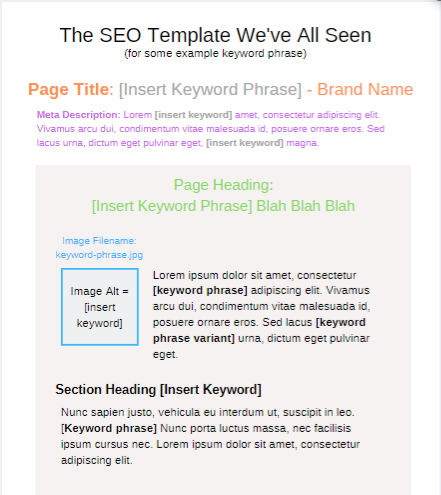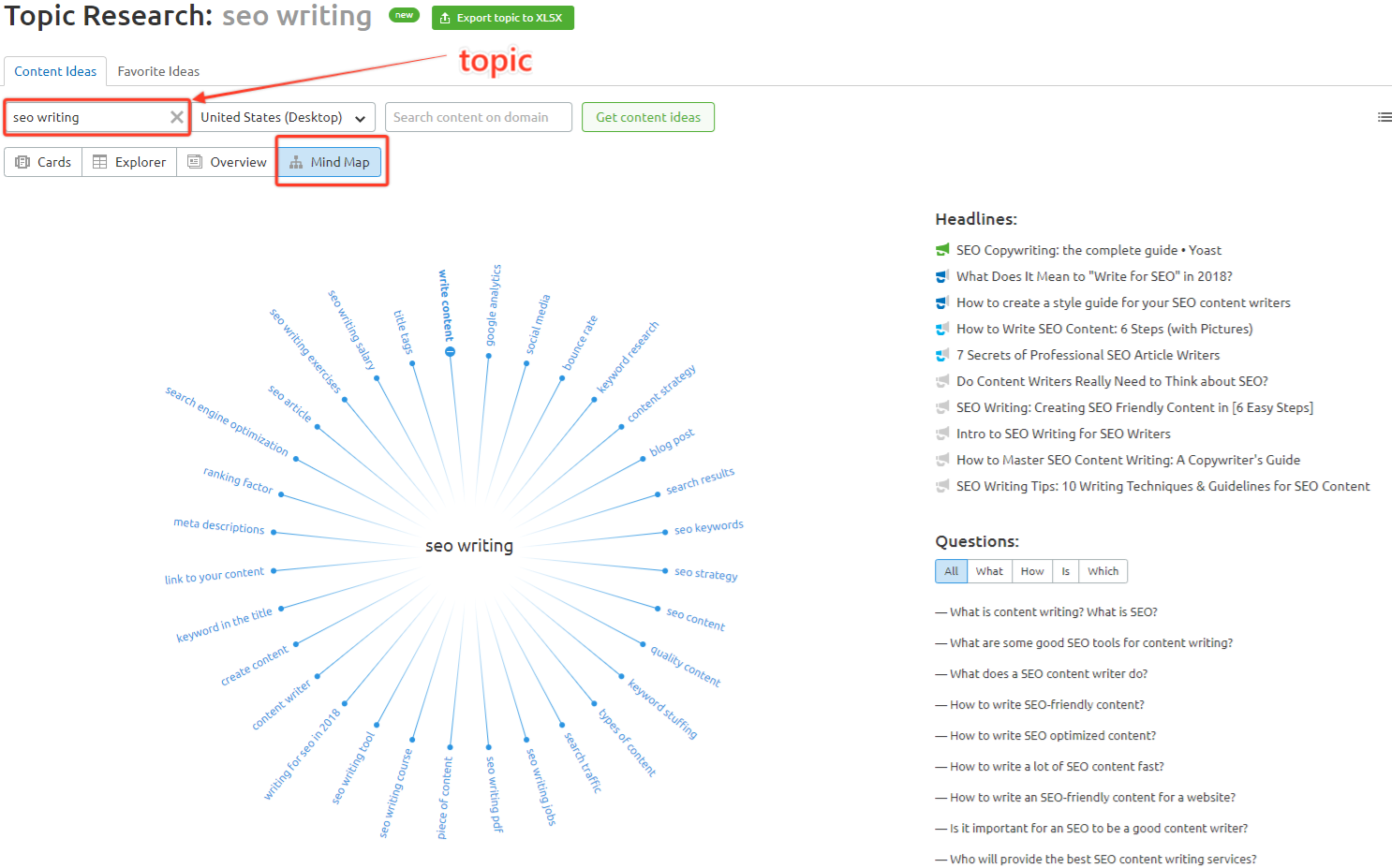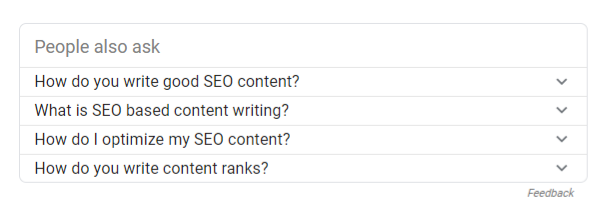SEO writing guide: From keyword to content brief
How to create unique articles that encompass major on-page SEO elements, and touch the reader? A streamlined process, key benefits, and screenshots listed.
How to create unique articles that encompass major on-page SEO elements, and touch the reader? A streamlined process, key benefits, and screenshots listed.
If content is queen, and the critical role SEO plays a role of bridging the two to drive growth, then there’s no question as to whether or not keyword research is important.
However, connecting the dots to create content that ranks well can be difficult. What makes it so difficult? How do you go from a target keyword phrase and write an article that is unique, comprehensive, encompasses all the major on-page SEO elements, touches the reader, and isn’t structured like the “oh-so-familiar” generic SEO template?

There’s no one size fits all approach! However, there is a simple way to support any member of your editorial, creative writing, or content team in shaping up what they need in order to write SEO-friendly content, and that’s an SEO content brief.
Any good editor will tell you great content comes from having a solid content calendar with topics planned in advance for review and release at a regular cadence. To support topical analysis and themes as SEOs we need to start with keyword research.
The purpose of this guide isn’t to teach you how to do keyword research. It’s to set you up for success in taking the step beyond that and developing it into a content brief. Your primary keywords serve as your topic themes, but they are also the beginning makings of your content brief, so try to ensure you:
You and your team can get answers to the key questions mentioned below.
Now with keywords as our guide to overall topical themes, we can focus on the next step, topical expansion.
Writers need more than keywords, they require insight into the pain points of the reader, key areas of the topic to address and most of all, what questions the content should answer. This too will go into your content brief.
We’re in luck as SEOs because there is no shortage of tools that allow us to gather this information around a topic.
For example, let’s say this article focuses on “SEO writing”. There are a number of ways to expand on this topic.



You’ve taken note of what to write about, and how to cover the topic fully. But how do we begin to determine what type of content and how in-depth it should be?
Okay, so we’re almost done. We can’t tell writers to write unique content if we can’t specify what makes it unique. Reviewing the competition and what’s being displayed consistently in the SERP is a quick way to assess what’s likely to work. You’ll want to look at the top ten results for your primary topic and collect the following:
Now you’re ready to prepare your SEO content brief which should include the following:
[Note: If/when using internally, consider making part of the content request process, or a template for the editorial staff. When using externally be sure to include where the content will be displayed, format/output, specialty editorial guidance.]
Want to take a shortcut? Feel free to download and copy my SEO content brief template, it’s a Google doc.
Other content brief templates/resources:
If you want to streamline the process as a whole, MarketMuse provides a platform that manages the keyword research, topic expansion, provides the questions, and manages the entire workflow. It even allows you to request a brief, all in one place.
I only suggest this for larger organizations looking to scale as there is an investment involved. You’d likely also have to do some work to integrate into your existing processes.
Jori Ford is Sr. Director of Content & SEO at G2Crowd. She can also be found on Twitter @chicagoseopro.
Leave a Reply
You must be logged in to post a comment.